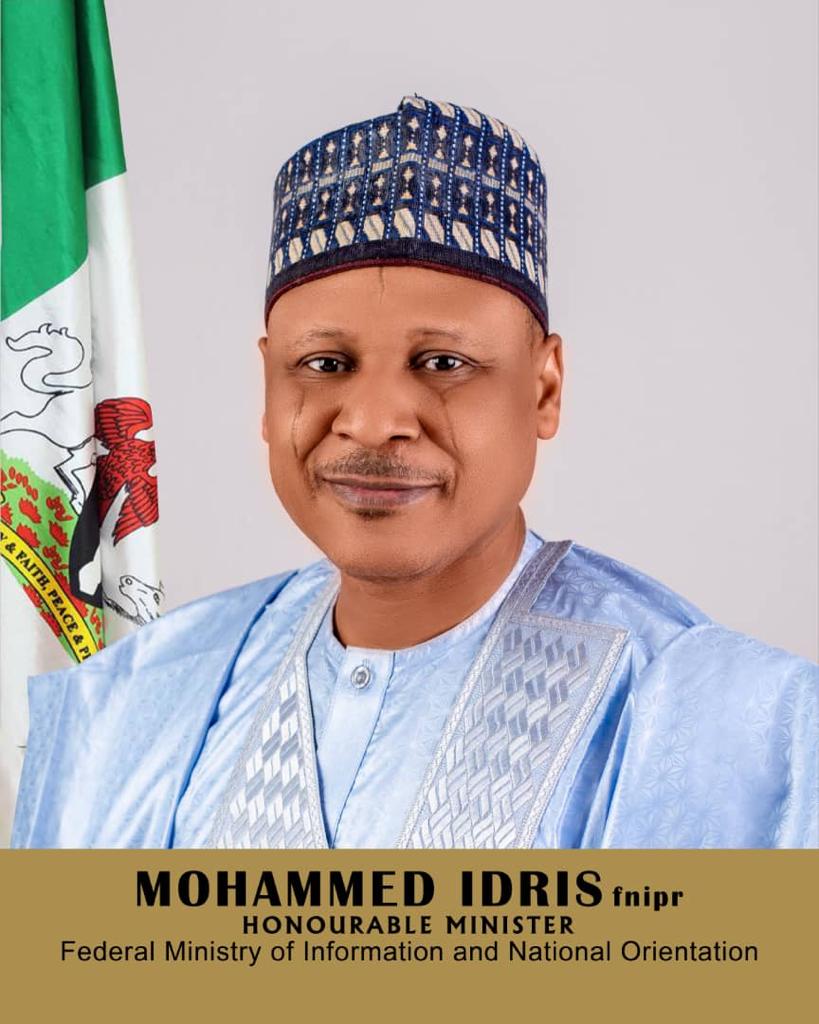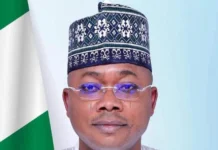By Lucy Osuizigbo
With barely 35 days to the commencement of the 2019 elections, political analysts are worried that the intensity of electioneering by political parties and candidates have been low as compared to the 2015 general elections.
In 2015, campaigns were intense even with only 26 registered political parties but this year, with over 90 parties participating, electioneering is still not in full swing.
There were regular party rallies, lots of posters, flyers, text messages, political advertisements and jingles on Television, Radio and the pages of Newspapers as well as the social media in 2015.
However, in the 2019 general elections, the nooks and crannies of the country had yet to be awash with campaigns by parties and their candidates.
These campaigns will be to form strong coalition, gain popularity, market their party’s programmes and woo the electorate.
Some of the popular parties, including the All Progressive Congress (APC), Peoples’ Democratic Party (PDP), Allied Congress Party of Nigeria (ACPN), KOWA Party and Social Democratic Party (SDP) that have flagged off their campaigns have not been going full swing.
Some of the party stalwarts and stakeholders gave diverse reasons for the low intensity of their campaigns.
While some of the parties claimed they had started campaigning since December 2018, others said they adopted the door-to-door campaign strategy rather than the usual town hall or regional, state and local government rallies.
Pastor Kayode Jacobs, Chairman, African Democratic Congress (ADC), Lagos State Chapter, told NAN that the party had yet to commence campaigning as it was still setting up strategies to win many positions in the coming elections.
Also, the governorship candidate of the Providence People’s Congress (PPC), Mrs Omolara Adesanya, said that the party embarked on door-to-door campaign as a major strategy to reach out to the electorate.
However, some political analysts said in Lagos that lack of funds and President Muhammadu Buhari ‘s refusal to sign the Electoral Act Amendment Bill into law were hindrances.
The analysts also said that the use of social media, uncertainty of the electoral process and the renewed fight against corruption were some of the factors responsible for the low pre-election awareness campaigns.
Mr Wale Ogunnade, a Constitutional Lawyer and convener, Voters Awareness Initiative said that the major reason for the lull in political campaigns was lack of funds and “free money” in circulation.
According to him, the President Buhari-led administration has put a check on politicians using public funds to finance campaigns.
“Before now, politicians use government funds or free government money and even secure bank loans to run their campaigns; we experienced that in 2015 but it is no longer business as usual with President Buhari ‘s Anti-Corruption fight.
“Nobody wants to be found wanting; even the big and popular parties are afraid of throwing money about and anyhow with the BVN policy in place, so, imagine what will happen among the upcoming or new parties.
“On Wednesday, President Buhari also told his ministers that he won’t allow government money be used for his campaign.
“Since there is no money to buy votes or PVCs, it means that this year’s election is about the candidates.
“They should go and campaign, sell their programmes and if the people are convinced, they get their votes,’’ Ogunnade said.
In his opinion, a Human Rights Lawyer, Mr Onyekachi Ubani said that lack of funds and uncertainty of the electoral process were the reasons for the low political campaigns.
“The uncertainty of the electoral process, especially with Mr President withholding assent to the Electoral Act Amendment Bill, has left many parties wary.
“Many of the parties believed that not signing the Electoral Act amendment has left the electoral process open to all manners of loopholes that may mare the general elections.
“So, the parties and their candidates are cautious of spending money to run campaigns when they are not sure of winning the election,’’ Ubani said.
Contributing, a Professor of Political Science, Femi Otubanjo said that politicians had resorted to using the social media for their campaigns to sway voters to their side and not the usual political rallies.
Otubanjo said that the social media platforms were cheaper for campaigns than organising rallies or printing posters and flyers.
“Although the campaign rallies are gradually picking up but not with the kind of intensity we are used to; I believe that as time goes on, many parties will go full swing with their campaigns.
“But, another thing is that social media platforms such as Facebook, Twitter, Whatsapp, Youtube, Instagram and the rest are veritable and cheaper tools for campaigns.
“Many parties have been advertising their parties and displaying their manifestos on the social media.
“This is because such platforms can also reach people in all nooks and crannies easier than before when the relevance of social media was less influential,’’ the political scientist said. (NAN)



